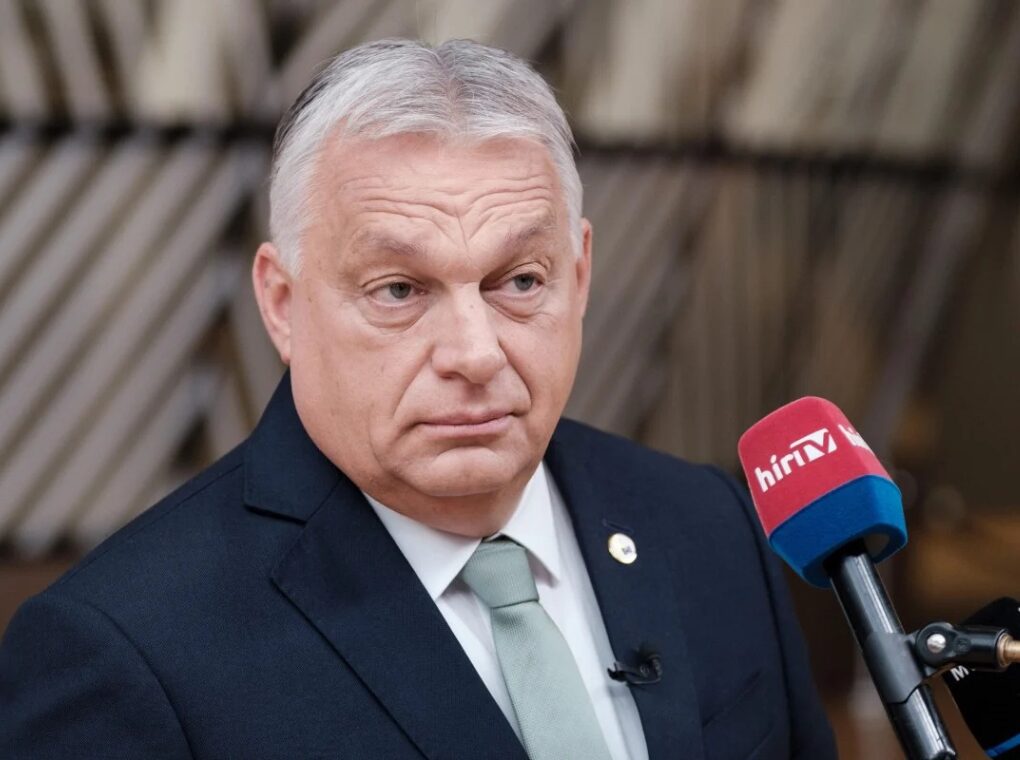Hungarian Prime Minister Viktor Orban has hinted that a historic summit between Russian President Vladimir Putin and US President Donald Trump could take place in Budapest “any day now”, should a few remaining obstacles be resolved.
The potential meeting—focused primarily on resolving the ongoing conflict in Ukraine—has raised hopes of a possible diplomatic breakthrough, as well as skepticism about whether the world’s two most powerful leaders can find common ground.
Talks ‘Closer Than Ever’ – Orban’s Optimism
Speaking to Magyar Nemzet during his official visit to the United States, Orban stated that “one or two unresolved issues” remain between Moscow and Washington before the long-anticipated summit can proceed. “If they are resolved, a peace summit in Budapest could take place within days,” he said, describing Hungary as a “neutral ground” capable of hosting both leaders in a conducive diplomatic environment.
Orban, who has often positioned himself as a bridge between East and West, expressed confidence that “the Putin-Trump meeting will happen.” However, he tempered expectations by acknowledging that “we do not yet know whether it will bring a solution or simply be an important step toward peace.”
The remarks came after weeks of speculation about whether the two leaders would meet following Trump’s earlier decision to postpone the summit, citing that “it did not feel like we were going to get to the place we have to get.” Both Washington and Moscow later clarified that the meeting was not canceled but delayed pending further negotiations.
Trump’s Diplomatic Push and the Central Asia Factor
During a White House dinner with Central Asian leaders on Thursday, Trump once again emphasized his efforts to end the conflict between Moscow and Kiev, claiming that “we have not gotten that yet, but I think we have made a lot of progress.” His remarks came amid growing signs that the Trump administration is seeking to reshape US foreign policy around pragmatic deals rather than prolonged conflicts.
Trump’s special envoy, Steve Witkoff, echoed the sentiment, noting that “there is a lot of discussion that technical teams have to have at the lower level before the leaders can get to a deal.” This suggests that while top-level diplomacy is being framed publicly, the groundwork is still being laid quietly by negotiators and military advisers behind the scenes.
The White House has remained deliberately cautious about confirming the Budapest summit, with sources saying the administration wants to “secure preliminary understandings” on critical issues before setting a date.
Moscow’s Calculated Patience
On the Russian side, Deputy Foreign Minister Sergey Ryabkov confirmed that “the conditions for a high-level meeting are not yet in place.” He emphasized that “a high-level meeting of any kind requires in-depth preparation and careful consideration of all aspects,” adding that currently, “neither the first nor the second prerequisites for organizing such a meeting have been met.”
Moscow appears to be waiting for concrete commitments from Washington—possibly on sanctions relief, military disengagement zones, or security guarantees—before moving forward. Russia’s cautious stance signals that the Kremlin wants any meeting to produce tangible results rather than symbolic gestures.
Budapest: The New Diplomatic Stage
For Hungary, hosting the potential Putin-Trump peace summit would mark a major geopolitical milestone. Budapest, under Orban’s leadership, has maintained a rare balancing act between the West and Moscow, refusing to sever ties with Russia despite EU pressure.
By offering Hungary as a neutral venue, Orban not only enhances his own international standing but also positions Budapest as a center for East-West dialogue, reminiscent of Cold War-era Helsinki diplomacy.
Analysts say the choice of Budapest reflects Trump’s appreciation of Orban’s nationalist and pragmatic worldview, which aligns with his own “America First” doctrine. Both leaders share skepticism toward global institutions and favor bilateral deal-making over multilateral diplomacy.
A Fragile Hope for Peace
The possible summit represents one of the most significant openings for US-Russia dialogue since the deterioration of relations following the Ukraine war. If realized, it could mark the first direct meeting between Putin and Trump since Trump’s return to office and the first major attempt to broker peace in Ukraine outside of Western-led frameworks.
However, despite the optimistic tone, deep divisions remain—not only between Washington and Moscow but also within NATO and the EU. Questions about the recognition of territorial control, sanctions, and the future of Ukraine’s security status are all expected to dominate the agenda.
While Orban believes the meeting could “happen within days,” diplomatic sources suggest a more cautious timeline, given the complexity of the issues and the high stakes involved.
Still, the mere prospect of Trump and Putin sitting face-to-face in Budapest has already stirred global attention. Whether it leads to a new era of détente or another round of high-profile diplomacy without substance remains to be seen.
